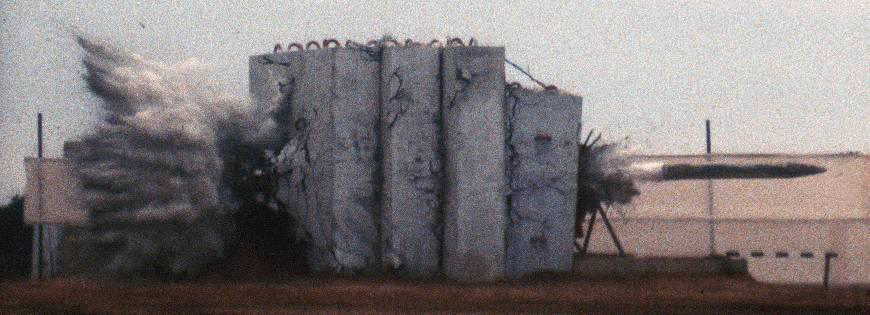
Introduction: The Role of Bunker Buster Bombs
Bunker buster bombs are precision-guided munitions designed to penetrate hardened targets, such as bunkers and underground facilities. As global tensions escalate and military strategies evolve, the relevance of these bombs has become increasingly significant in modern warfare. Their effectiveness has been demonstrated in various conflicts, making them a topic of interest for both military analysts and the general public.
Technical Aspects and Development
Bunker buster bombs, also known as deep-penetrating bombs, utilize advanced technology to reach deeply buried targets. They often feature heavy casing and high-explosive payloads to maximize their impact. The development of these weapons dates back to the 1990s when the U.S. military sought to increase its ability to target protected installations effectively. Notable examples include the GBU-28 and the Massive Ordnance Penetrator (MOP), which are engineered to penetrate several meters of concrete before detonating.
Recent Deployments in Conflict
In recent conflicts, such as the campaigns against ISIS in Iraq and Syria, bunker buster bombs have played a critical role in targeting terrorist hideouts and command centers. The precision capabilities of these munitions allow military forces to minimize collateral damage while delivering impactful strikes. Additionally, the ongoing development of bunker buster technology continues to adapt to new challenges, including protecting against ballistic missile threats.
International Reactions and Ethical Considerations
The deployment of bunker buster bombs has sparked discussions about the ethics of using such powerful weapons. Some critics argue that these bombs can exacerbate civilian casualties, especially in densely populated areas. International organizations and peace advocates call for stricter regulations on their use, emphasizing the need for accountability in military operations.
Conclusion: The Future of Bunker Buster Bombs
As military conflicts continue to evolve, the importance of bunker buster bombs is unlikely to diminish. Their ability to neutralize heavily fortified enemy positions makes them a valuable asset for armed forces around the world. However, the ethical implications surrounding their use must remain a focal point in discussions about modern warfare. Looking ahead, advancements in technology may further enhance the precision and effectiveness of these munitions, cementing their role in future military strategies.



